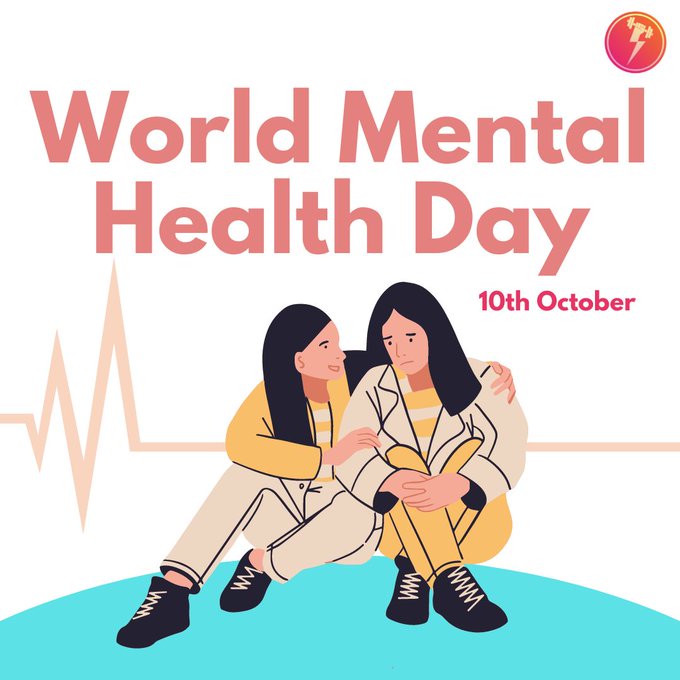The Connection Between Fitness and Sleep
The Connection Between Fitness and Better Sleep for a Healthier, Happier, and Stronger Life
After a long and exhausting day, many people find themselves struggling to fall asleep, tossing and turning despite their best efforts. This common issue affects millions, but what if the key to restful sleep was hidden in how we move throughout the day? Consider Rajesh, a 35-year-old software engineer from Mumbai. He tried herbal teas, meditation, and even strict screen time limits, yet restful sleep remained elusive.
In India, a study conducted found that chronic insomnia affects 33% of adults, with increasing age and diabetes being significant associated factors. This raises an important question—can regular physical activity be the missing piece for quality sleep?
How Exercise Transforms your Sleep Quality

1. Reduces Stress and Anxiety
Exercise is a natural stress reliever. Physical activity increases the production of endorphins, also known as feel-good hormones, which help reduce stress and anxiety—two common causes of sleep disturbances. Regular workouts can calm the mind, making it easier to fall and stay asleep.
2. Regulates Sleep-Wake Cycle
Physical activity influences the body's internal clock, known as the circadian rhythm. When you exercise, your body temperature rises, and as it cools down, it signals the brain that it’s time to sleep. This helps regulate your sleep-wake cycle, making it easier to stick to a consistent bedtime.
3. Reduces Symptoms of Insomnia
People who suffer from insomnia often struggle with falling asleep or staying asleep. Studies suggest that regular physical activity can reduce the symptoms of insomnia by promoting relaxation and reducing the time it takes to fall asleep.
4. Increases Deep Sleep
Exercise enhances slow-wave sleep, also known as deep sleep. This is the most restorative stage of sleep, during which the body repairs tissues, strengthens the immune system, and consolidates memories. A physically active lifestyle ensures you get more of this essential sleep phase.
Sleep-boosting Workouts You need to Try
Not all workouts have the same impact on sleep. Here are some of the best types of exercise that can help you sleep better:
1. Aerobic Exercises
Cardio workouts such as running, cycling, swimming, and brisk walking boost heart health and improve sleep quality. Aim for at least 30 minutes of moderate aerobic exercise most days of the week.
2. Strength Training
Weight lifting and resistance training help reduce stress hormones and improve overall body strength. Studies show that engaging in strength training a few times a week can lead to deeper sleep.
3. Yoga and Stretching
Yoga and stretching exercises promote relaxation, reduce muscle tension, and calm the nervous system. Yoga poses like the child’s pose, forward bends, and legs-up-the-wall pose are particularly beneficial for improving sleep.
4. Evening Mediation and Breathing Exercises
Mindfulness meditation and deep breathing exercises before bedtime can reduce anxiety and promote relaxation. Techniques such as diaphragmatic breathing or guided meditation can prepare your body for sleep.
The Best Time to Exercise for a Good night's Sleep
The timing of your workout plays a crucial role in sleep quality. Here’s what you need to know:
- Morning Workouts: Exercising in the morning helps regulate your circadian rhythm, making it easier to fall asleep at night.
- Afternoon Workouts: Engaging in moderate activity during the afternoon can enhance sleep quality without interfering with bedtime.
- Evening Workouts: Intense exercise right before bed can elevate heart rate and body temperature, making it harder to sleep. However, light yoga or stretching in the evening can be beneficial.
Maximize Your Sleep Gains With These Fitness Tips
1. Maintain Consistency
Exercising regularly, rather than sporadically, ensures long-term sleep benefits.
2. Avoid Late- Night Intense Workouts
Give your body at least 2-3 hours to cool down before bedtime.
3. Stay Hydrated
Drink enough water, but avoid excessive fluids right before bed to prevent nighttime awakenings.
4. Create a relaxing bedtime routine
Combine exercise with good sleep hygiene, such as limiting screen time and creating a dark, comfortable sleep environment.
5. Listen to your body
If you feel overly fatigued, adjust your workout intensity and allow adequate recovery time.
Say Goodbye to Restless Nights With These Simple Lifestyle Changes
Regular exercise not only keeps you fit but also helps you sleep better. Small changes in your daily routine, like staying active and following a consistent sleep schedule, can make a big difference. The better you sleep, the more refreshed and energetic you feel the next day. So, start moving today and enjoy the benefits of a good night’s sleep!



